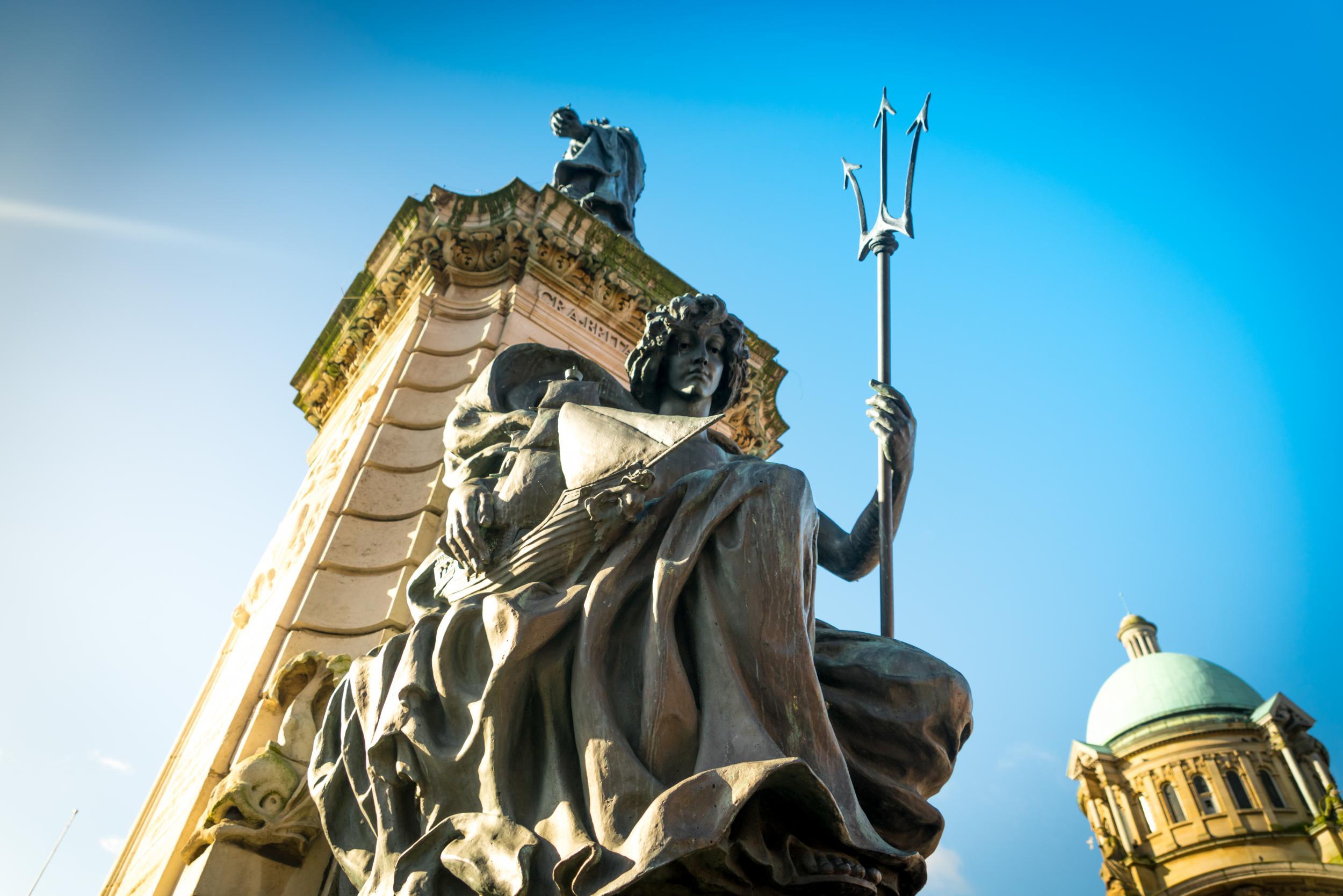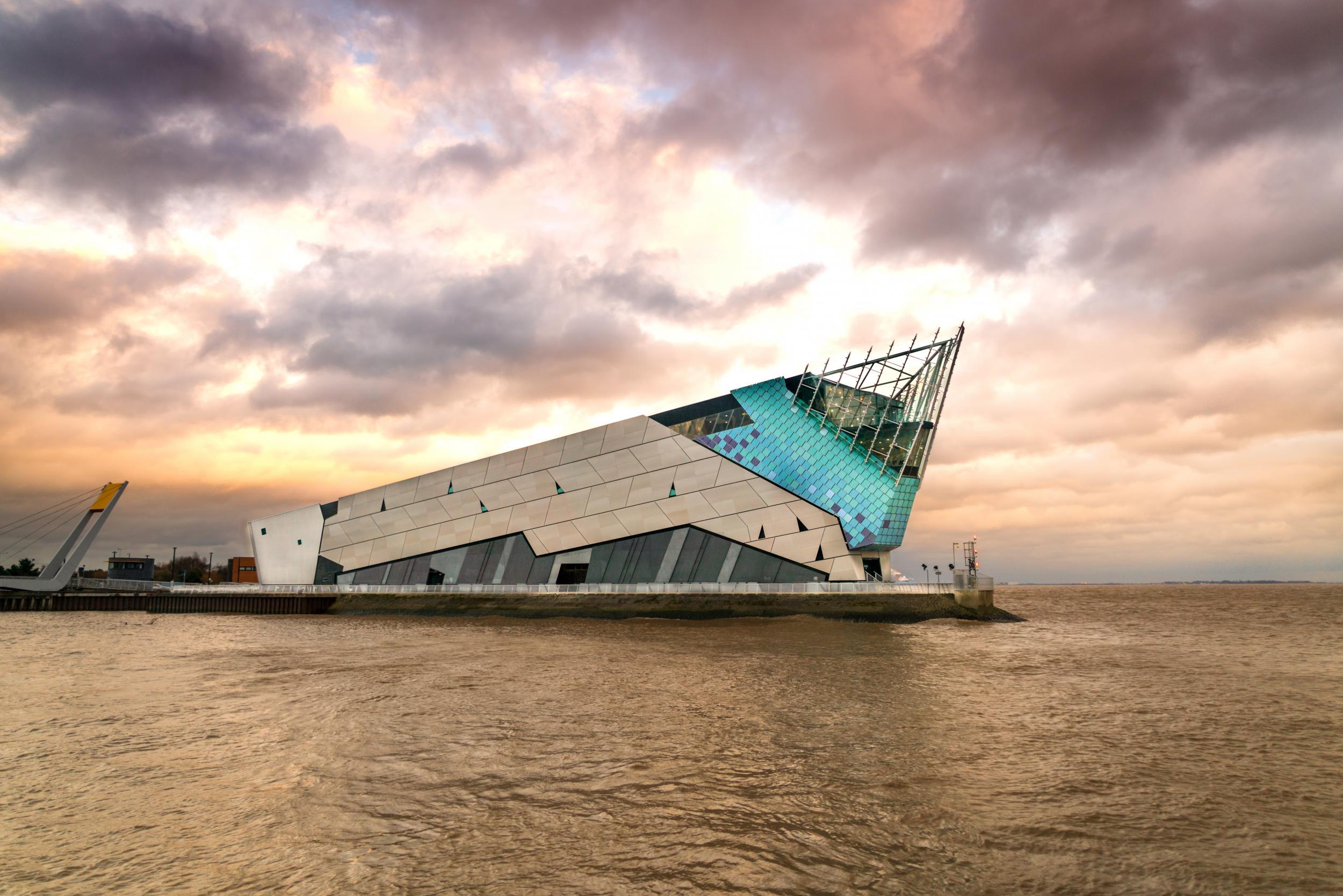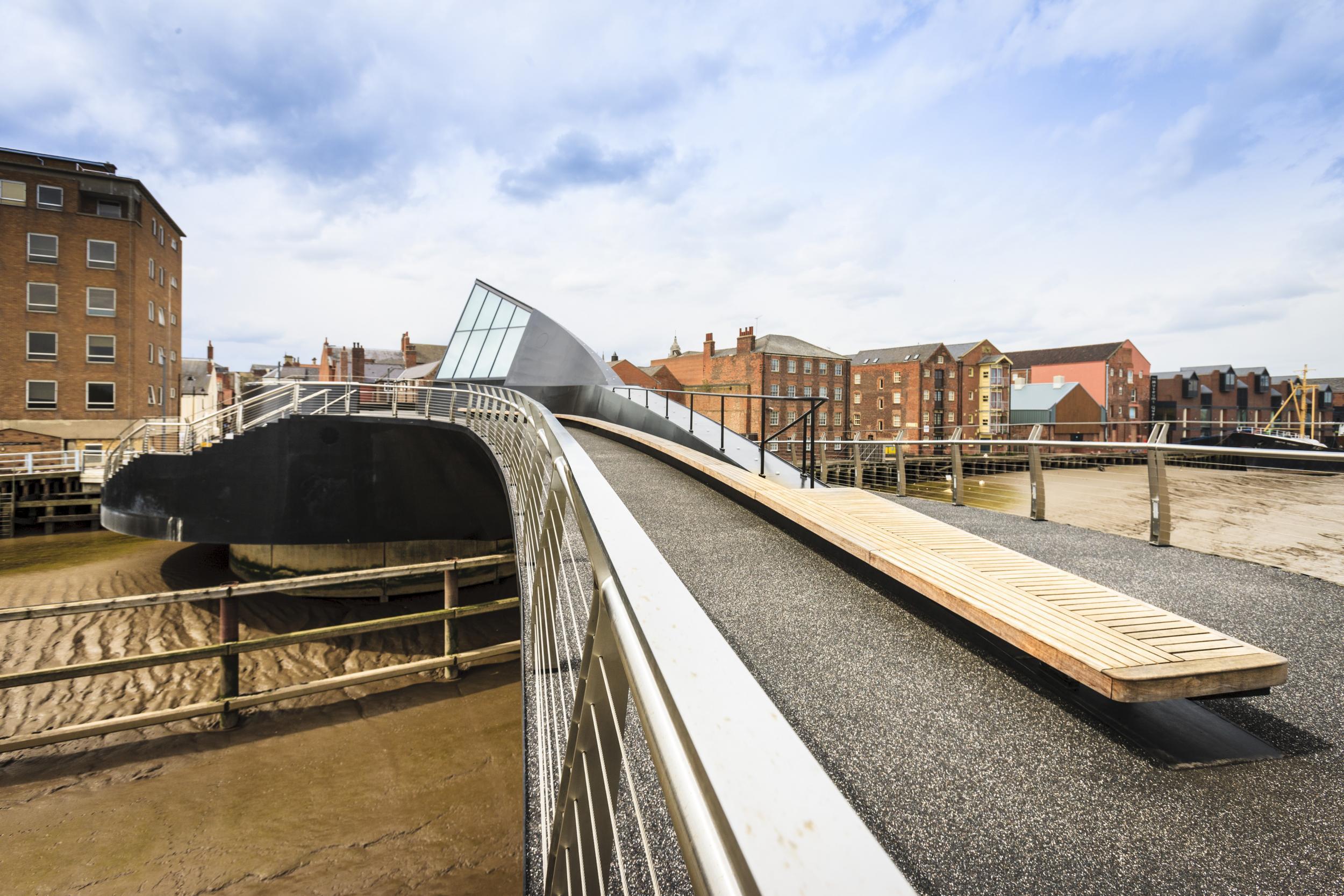Hull in 2017: A valid UK Capital of Culture or still a 'crap town'?
Hull has been named UK Capital of Culture for 2017. Its reputation isn't generally so burnished. Will Hide pays a visit to see whether things have changed, with one of Hull's harshest critics – his mum
Your support helps us to tell the story
From reproductive rights to climate change to Big Tech, The Independent is on the ground when the story is developing. Whether it's investigating the financials of Elon Musk's pro-Trump PAC or producing our latest documentary, 'The A Word', which shines a light on the American women fighting for reproductive rights, we know how important it is to parse out the facts from the messaging.
At such a critical moment in US history, we need reporters on the ground. Your donation allows us to keep sending journalists to speak to both sides of the story.
The Independent is trusted by Americans across the entire political spectrum. And unlike many other quality news outlets, we choose not to lock Americans out of our reporting and analysis with paywalls. We believe quality journalism should be available to everyone, paid for by those who can afford it.
Your support makes all the difference.I’m setting out on a big expedition with my 79-year-old mum, so of course she packs a Thermos of coffee. Because you never know do you? Our trek is a yomp of trans-Saharan proportions... Well, 39 miles across the Yorkshire wolds from the farm where she and Dad live. In my mum’s mind it’s a big deal because we’re going back to Hull, the town where she was born just before the Second World War and that she’s never really liked.
She’s not alone. Hull is one of those cities, like Swindon and Slough, that’s long been the butt of jokes − usually told by people who’ve never actually been there. In the 2003 book Crap Towns it came in at number one. (To be scrupulously fair, 10 years later, it was beaten to that accolade by none other than London.)
This year, though, Hull is the UK City of Culture, and there’s no doubt it could do with some financial love: a 2015 survey by the City Council found that over half the population lived in the most deprived areas of the country. But will slapping a snazzy label on it and chucking millions of pounds in its direction alter the British public’s perceptions? More importantly, how about my mum’s?

Mum’s not its biggest fan. She grew up during the war, when Hull was the second most-bombed city in England, thanks to its docks. Her early memories involve Doodlebugs and the Luftwaffe.
We drive in past the Humber Bridge and giant retail parks to leave our car at Princes Quay shopping centre. It’s a depressing building straight out of the 1980s, but at least it’s the heart of town. And Queen Victoria Square, right next to it, is solidly Edwardian and definitely handsome.
It’s our first glimpse of Hull’s City of Culturedom. Beside the Ferens Art Gallery – a grand, white, neo-classical affair which opened in 1927 – and a brooding statue of Queen Victoria, stands a hulking 250ft-long locally-made wind turbine blade, cutting the square in two. It’s called, with northern succinctness, Blade. Mum thinks it’s rather magnificent. (Get there while you can – it’s on display till the end of March).
We have a rendezvous booked at Blade, with a local guide, Paul Schofield. If anyone is going to turn us into Hull fans, it’s him: proud of his city, jolly and full of fun facts. Plus his tours start from just £4 a head.
I’m not sure about Mum, but my brain is soon fizzing with information. Even the historical spiel gives us an insight into Hull’s character: the English Civil War started here when Hull refused to let King Charles into the city; phone boxes are coloured cream not red, because BT never ran the phone system here.
Hull was home to slavery abolitionist William Wilberforce, aviation pioneer Amy Johnson and many of the men from Shackleton’s Antarctic expedition. Not forgetting Philip Larkin, Maureen Lipman, The Housemartins and John Prescott.
Not far from the centre, Paul walks us along cobbled Georgian lanes that wouldn’t be out of place in York, and cosy centuries-old pubs. On a street called Land of Green Ginger, we photograph a record-breaker: the world’s smallest window. Mum’s loving it, until we get to Wilberforce House, where the great man was born – it used to feel like a home, she says, but now it’s a generic museum.
So far, so historical. But past the hulking great flood defence barrier, which looks like a work of art itself, we reach Humber Street: part of the docks which has been tarted up for the Year of Culture with brand new shops, restaurants and galleries. Mum says she could picture herself coming back here. Mission accomplished?

Our last stop is The Deep, a vast iceberg-shaped aquarium that’s a work of art in itself. Director Colin Brown is a Londoner and retires in a few weeks, but looks appalled when I assume he’ll be heading back south. ”Oh no,” he gasps. “I like it up here too much.”
We’ve only covered the basics today, but it’s clear there’s a lot going on in Hull in 2017 – the City of Culture website touts everything from art installations to plays and exhibitions. There’s a buzz in the air. I chat to residents who I thought would think the whole thing a big joke, in a blunt Yorkshire way. Not at all – they’re proud and supportive.
There will, of course, be those who says it’s just tokenism. There will be others who think the money would be better spent on a hospital. But then, look what happened to Glasgow when it was named European City of Culture in 1990. What price pride? For 2017, the chant on the terraces of Hull City football club to visiting fans, apparently, is: “You’re only here for the culture.” You don’t get that at Arsenal.

Mum and I take a different route home, past a string of East European mini-markets.
“My mother was born above that furniture shop over there” she says, gesturing.
It’s time for the moment of truth. Does Hull deserve its 2017 cultural moniker? “I think it does,” she says. “These things are given to towns that need a boost, and Hull definitely needs a boost.” It’s not a blistering endorsement, but for a formerly devoted critic, it’s not half bad.
Travel essentials
Getting there
Hull’s best served by rail. Hull Trains has fares from London Kings Cross from £36 return.
Staying there
The Holiday Inn Hull Marina has doubles from £74, room only.
More information

Join our commenting forum
Join thought-provoking conversations, follow other Independent readers and see their replies
Comments